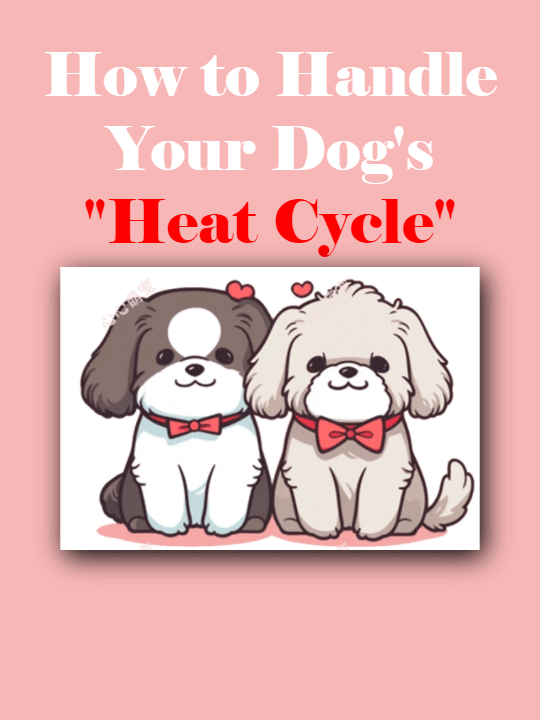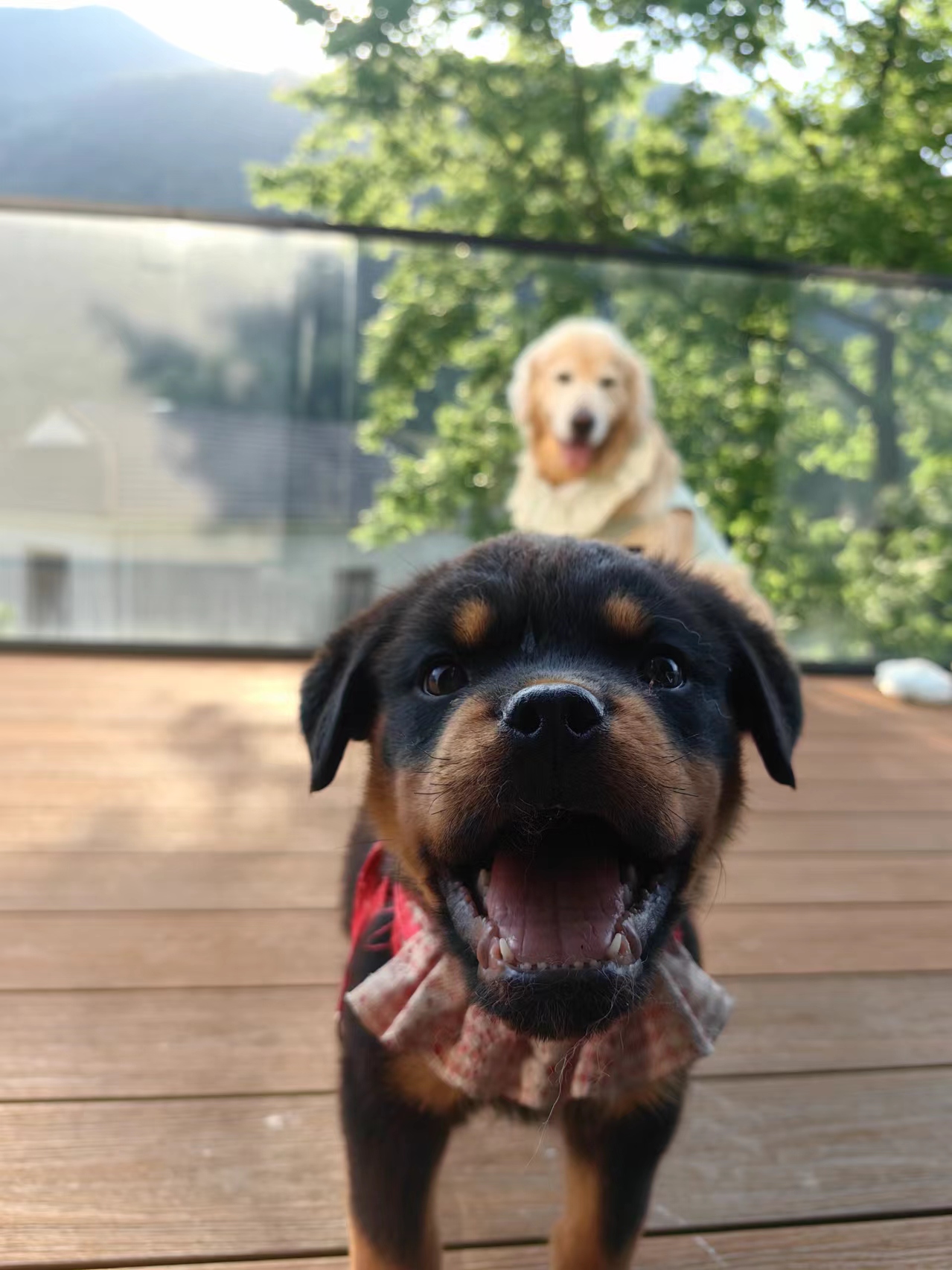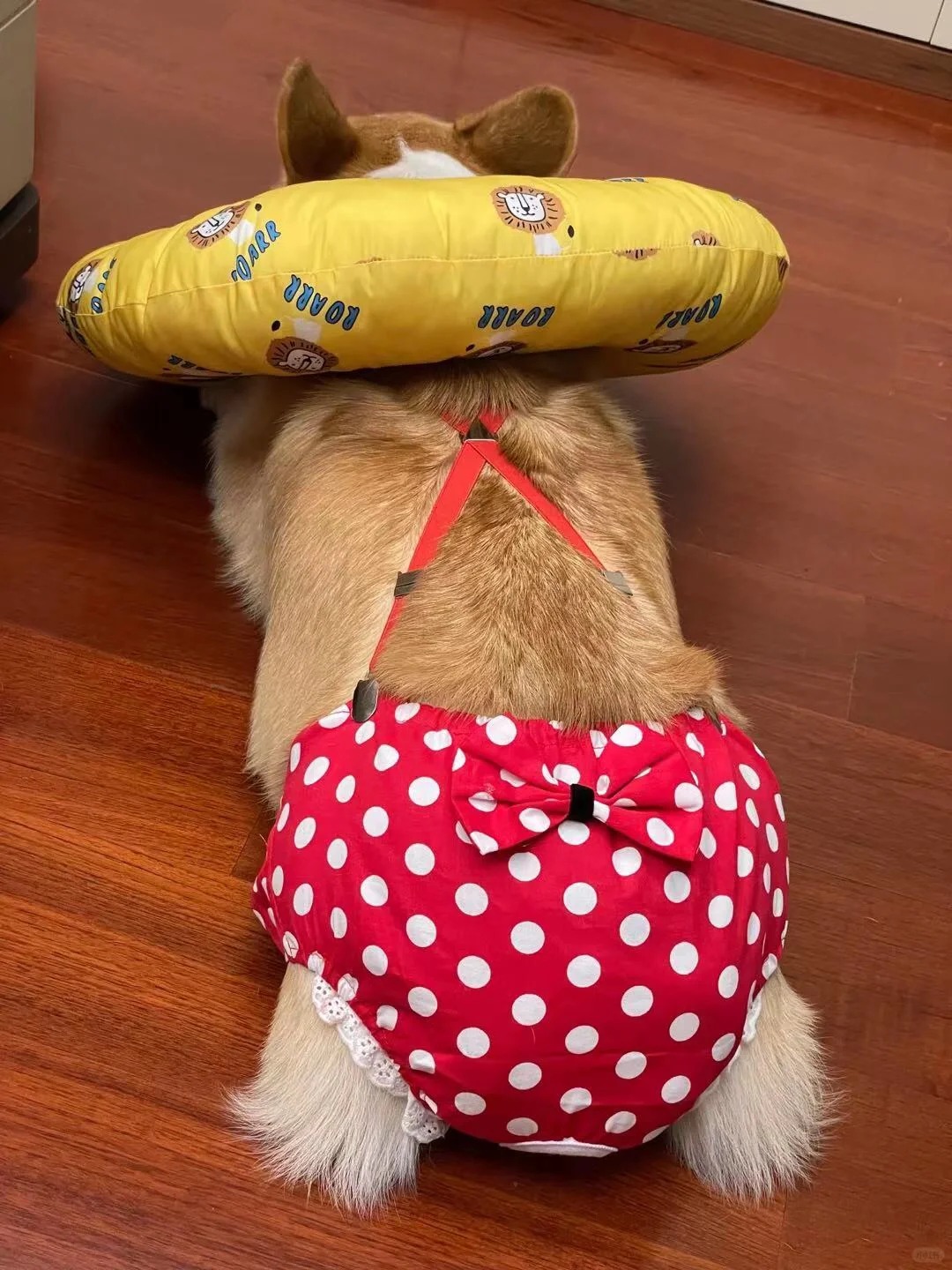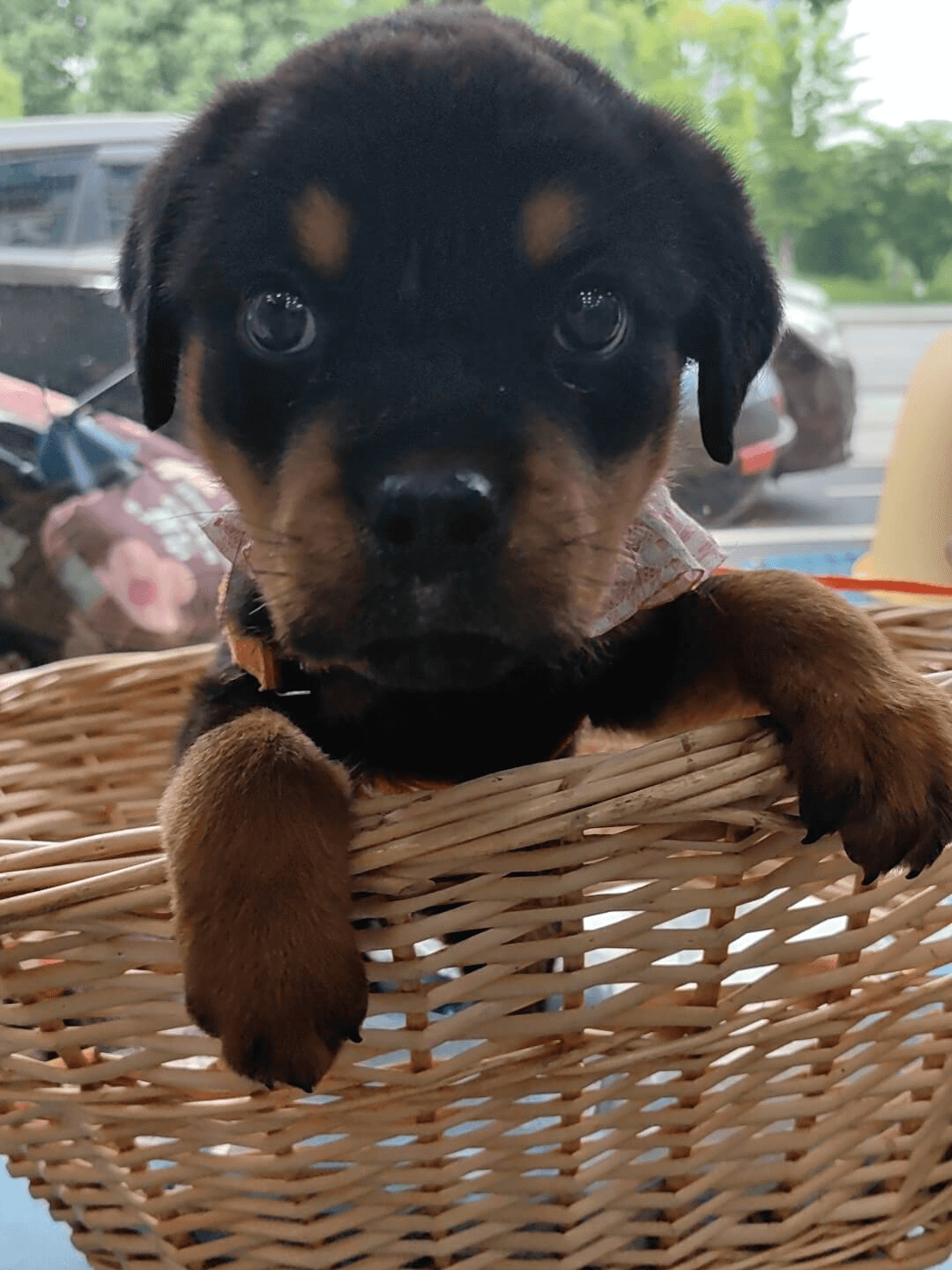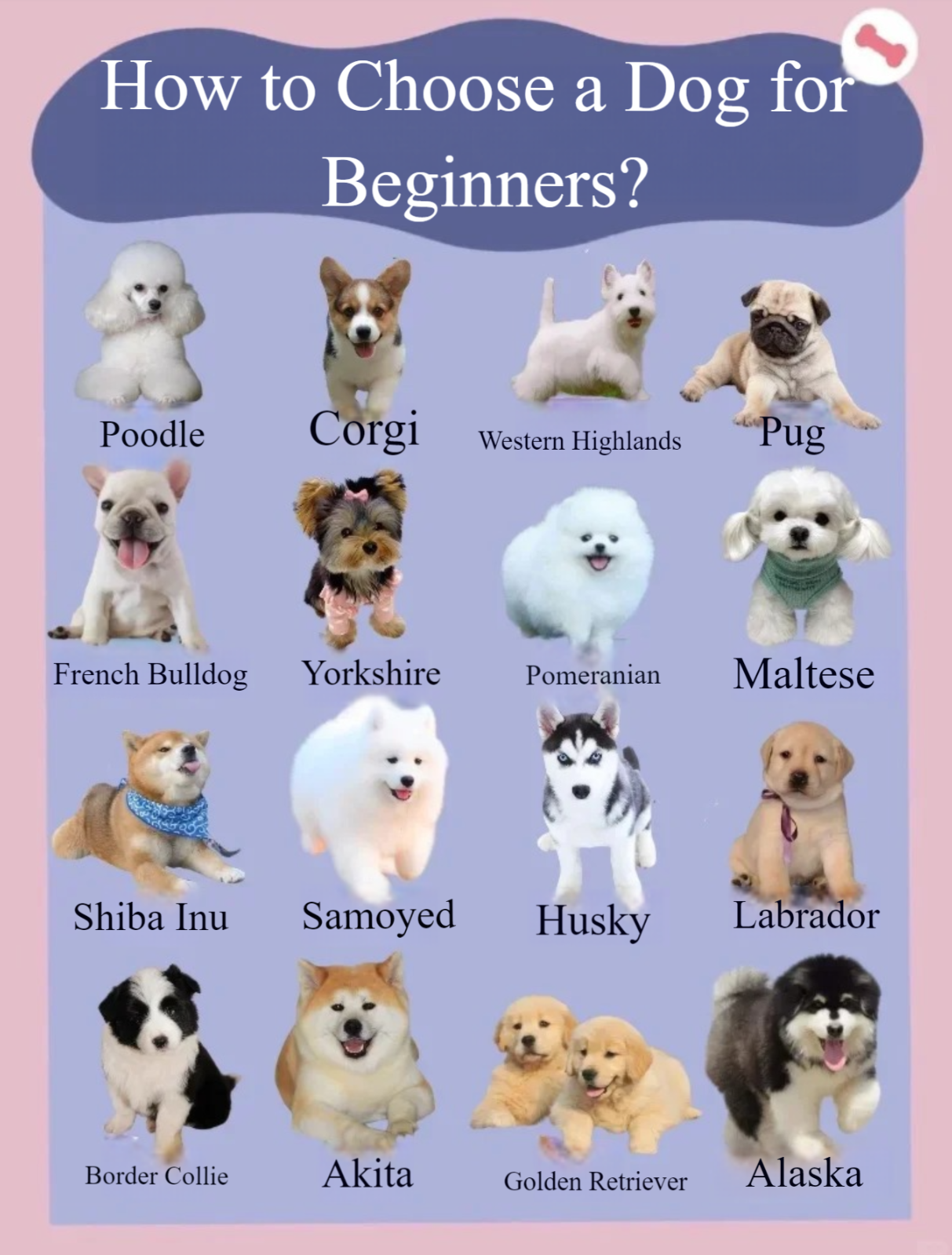## 🕒 Dog Heat Cycle 🕒
● Dogs usually enter their heat cycle around 8 months old. Small breeds typically mature sexually between 6 to 8 months, while larger breeds may take 10 to 12 months or longer to reach sexual maturity.
● Female dogs typically go into heat every 6 to 8 months, usually in the spring and fall, though this can vary by breed and individual dog. The estrus cycle usually lasts 2 to 3 weeks. Male dogs don't have a fixed heat cycle.
## 🐕 Heat Signs - Male Dogs
● Increased marking behavior, actively using urine to expand their territory 🚩
● Unstable emotions, prone to fighting (potentially causing harm) 🤯
● Mounting behavior towards people and objects 😠
● Reduced appetite and sleep, constantly thinking about mating 😠
● Secretion from the penis, frequent licking 🌊
Note: Unlike female dogs, male dogs do not have a specific heat period. Their behavior typically follows that of females in heat. If a female dog is in heat, be sure to keep a close leash on the male dog to avoid them running off unexpectedly.
## 🐕 Heat Signs - Female Dogs
● Swollen vulva (up to twice its normal size), reddish and moist, with increased secretions 💧
● Decreased appetite, physical discomfort, and some may even lose weight during the heat cycle 🍖
● Significant change in temperament, becoming restless and enjoying being petted 🐾
● Stronger odor, increased drinking and urination 💦
Note: 2-3 days after the bleeding stops or decreases, female dogs will start seeking out male dogs, displaying a desire to mate.
## 🐶 Helping Female Dogs Safely Through Heat 💦
● Decreased body functions and resistance, not advisable to get sick, and vaccinations are not recommended during this period 💦
● Loss of appetite may lead to weight loss; feed more palatable food to enhance resistance (such as goat milk powder, rice porridge, or soaked dog food) 🍲
● Avoid bathing as much as possible to prevent chills; clean the vulva with warm water to keep the area dry 🚿
● Some dogs may lick the bloody discharge, which can breed bacteria. If licking cannot be prevented, use an Elizabethan collar or wear physiological pants 👖
● Keep the dog on a leash; females in heat will attract male dogs and may roam to mate or get lost (try to avoid outings to prevent unnecessary trouble)
## 🐕🦴 Helping Male Dogs Safely Through Heat
● Keep the dog on a leash to prevent them from running off following a female in heat 🏃♂
● Male dogs might lick their penis during the heat period; owners should stop this behavior promptly. If necessary, use an Elizabethan collar to prevent scrotal inflammation or penile and urinary tract infections 🙅♂
● For minor inflammation, rinse with saline after the heat period ends (twice daily for 3-5 days). For severe conditions, consult a nearby veterinary hospital 🙅♂
#GotQuestionsWeHaveAnswers[Topic]# #NewDogOwners[Topic]# #DogCare[Topic]# #PetClub[Topic]# #Dogs[Topic]# #DogDailyLife[Topic]# #CutePets[Topic]# #MyPetIsSoCute[Topic]# #MyCutePet[Topic]# #DogHeatCycle[Topic]#
